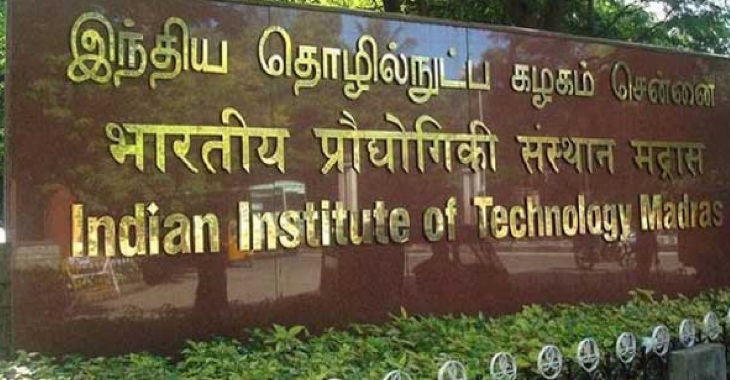The Indian Institute of Technology Madras (IIT Madras) has unveiled its ambitious goal to incubate a minimum of 100 startups spanning diverse sectors throughout 2024. Recognized as a leading deep-tech startup ecosystem in India, the IIT Madras Incubation Cell (IITMIC) oversees innovation and entrepreneurship projects within the institute.
Director of IIT Madras, V Kamakoti, expressed the institution’s achievements in the previous year and outlined forthcoming endeavors. Kamakoti highlighted significant projects like the establishment of the IITM Zanzibar Campus, the inception of a Department of Medical Sciences and Technology, and plans for a new interdisciplinary sciences school.
Kamakoti stated, “We are also looking at starting 100 startups in 2024. We are also seeing a lot of interesting technologies coming up through Hyperloop start-up, ePlane, Agnikul Cosmos, and Mindgrove Technologies, all of which are IIT Madras-incubated start-ups. These start-ups will deliver products, which will be of great national importance.”
In 2023, IIT Madras made history as the first-ever IIT to establish a campus overseas. Initially offering programs in Data Science and Artificial Intelligence, the institute plans to expand its academic offerings in the upcoming year at IITM Zanzibar. The inaugural batch at IITM Zanzibar consists of students from Zanzibar, mainland Tanzania, Nepal, and India, with a notable 40% representation of female students.
Director Kamakoti outlined further initiatives for 2024, emphasizing socially impactful projects aimed at benefiting the nation. IIT Madras aims to conclude the financial year with an impressive count of 366 patents, aspiring to achieve an average of one patent per day.
Kamakoti remarked, “For 2024, we have a lot more exciting initiatives and socially relevant projects that would greatly benefit the nation. We are looking at closing this financial year (31st March 2024) with 366 patents. We will try our best to see one patent a day. It is a matter of great pride at IIT Madras that we do a lot more innovation.”
Source: Startup Story



![[CITYPNG.COM]White Google Play PlayStore Logo – 1500×1500](https://startupnews.fyi/wp-content/uploads/2025/08/CITYPNG.COMWhite-Google-Play-PlayStore-Logo-1500x1500-1-630x630.png)